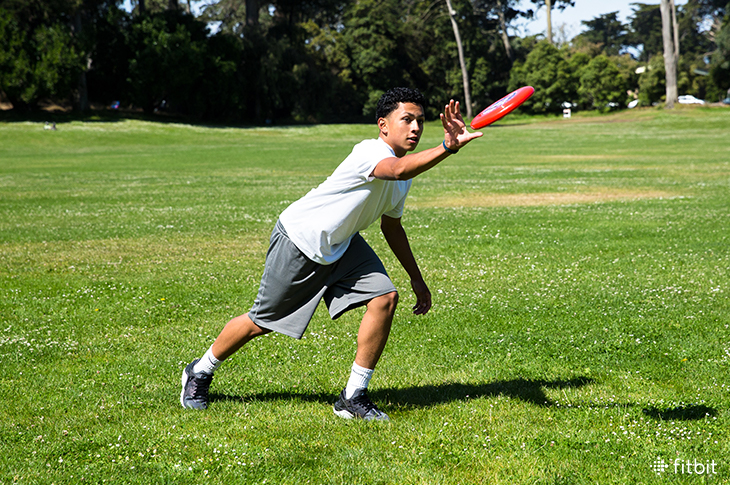
Ever wonder how much your teenager is actually moving throughout the day? If they aren’t playing organized sports, the answer might surprise you. Researchers at Johns Hopkins University recently looked at amount of physical activity by age, and it turns out that activity levels drop steadily through the teen years. In fact, the average 19-year-old is as sedentary as someone who is 60.
“As kids get older, organized sports become more competitive, so they start dropping out of them,” says Natalie Muth, MD, a practicing pediatrician in California and spokesperson for the American Academy of Pediatrics. “And they tend to replace being active with things like texting, looking at social media, watching TV, or playing video games.”
Unfortunately, that means teens aren’t experiencing the benefits of regular exercise—like getting stronger, controlling their weight, and reducing their risk for chronic diseases—but also less-obvious benefits, like having a lower risk for depression and higher self-esteem.
So what’s a parent to do? Instead of pushing your teen to be more active—the more you do that, the likelier your teen will be defiant and push back—try the following five strategies.
How to Raise an Active Teen
Have an open conversation. Be honest that you want your teen to be healthy, but focus on the internal benefits that come from it as opposed to things like appearance. “Intrinsic motivation that comes from inside, like the knowledge that when you exercise you feel better, is the most powerful kind,” says Carl Pickhardt, PhD, a psychologist in Austin, Texas, and author of Surviving Your Child’s Adolescence. But you might need to help them get there. “Talk about the benefits you feel when you exercise—like how it helps you feel more relaxed,” he says. “You can even say something like: ‘I know you probably don’t feel like doing it, but I bet if you come with me to play soccer in the park, you’ll feel better afterwards.’” Once they experience the connection, they are likelier to motivate themselves to exercise—no parent encouragement required.
Set a good example. “Even though it doesn’t seem like it, teens are still influenced by their parents’ behavior,” says Muth. “If you or your spouse is active and you show your teen how much you enjoy exercise, you’ll up the odds that they start to work out more without you having to say anything.”
Invite your teen to exercise with you. A simple “Want to come with me to the gym and play around with some of the machines?” or “Care to join me on my evening walk?” can get your teen away from their screens. “If you do it regularly enough, it feels inclusive and reassures your teen that there’s no pressure,” says Pickhardt. “Even if they refuse, keep asking. At some point, they’ll say sure.”
Limit screen time. “If your teen stares at a phone or TV all day long, it’s a lot likelier they won’t be active,” says Muth. “Put some family-wide rules in place, like everyone can spend two hours a day looking at a screen, but then you need to find something else to do.”
Get creative. Being active doesn’t just mean playing sports or going to the gym. “Teens don’t realize how many options there are,” says Pickhardt. “Talk about what they are most interested in—do they like to do things alone or with others, do they prefer being inside or outside—and encourage them to try something new that fits those criteria.” Soon you just might have a rock climbing or roller-hockey-playing teen on your hands.
This information is for educational purposes only and is not intended as a substitute for medical diagnosis or treatment. You should not use this information to diagnose or treat a health problem or condition. Always check with your doctor before changing your diet, altering your sleep habits, taking supplements, or starting a new fitness routine.

If you have questions about a Fitbit tracker, product availability, or the status of your order, contact our Support Team or search the Fitbit Community for answers.
Please note: Comments are moderated and may not appear immediately after submission.